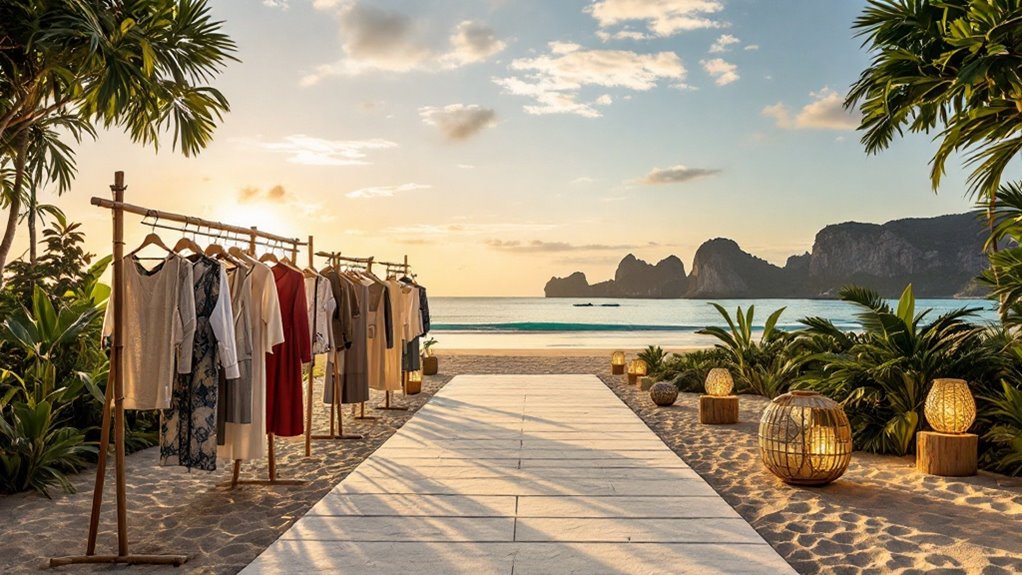Foreign tourists’ widespread frustration over Thailand’s dual pricing system—where non-residents pay more than locals for attractions, transportation, and services such as national parks and temple entry—has led the Thai government to announce reforms aiming to eliminate this practice by 2025. Spurred by declining tourist satisfaction, falling Asian visitor numbers, and increasing complaints, the Ministry of Tourism intends to establish uniform pricing, enhance safety, and modernize processes like digital immigration, with further details regarding policy changes and sector challenges addressed next.
Thailand’s dual pricing system, a longstanding practice where foreigners are charged higher fees than locals for entry to attractions, transportation, and various services, has become a central concern in the country’s tourism industry. This pricing disparity affects a broad range of sectors, including entry fees at national parks, temple complexes, taxi fares, and ferry rides. Many foreign tourists have cited dual pricing as the top complaint in visitor surveys, describing it as discriminatory and a major deterrent to returning. The impact of this policy is evident in declining satisfaction levels and reduced repeat visits, prompting the government to reconsider its approach.
Dual pricing in Thailand, where foreigners pay more than locals, drives tourist dissatisfaction and discourages repeat visits, prompting government reconsideration.
Recent online feedback has intensified scrutiny, with nearly 2,000 comments posted on a Bangkok Post Learning article criticizing current tourism policies. Complaints range from the high costs of basic services—such as a two-person meal in Pattaya costing approximately 180 euros (about 7,000 baht) without alcohol—to rapidly rising accommodation rates, which have tripled over five years. These trends have contributed to a growing perception that Thailand is no longer a budget-friendly destination, further diminishing its appeal among both new and returning visitors. A 17% decline in arrivals from key Asian markets has been linked to issues including safety concerns and dual pricing. Rising costs discourage budget-conscious travelers and fuel ongoing frustration with Thailand’s evolving tourism landscape.
In response, the Ministry of Tourism has announced plans to eliminate the dual pricing system as part of a broader set of 2025 reforms. Efforts also include addressing scams, enhancing tourist safety, and improving transport pricing standards. The government has adjusted its foreign tourism revenue targets for 2025, lowering projections from 2.3 trillion baht to 2 trillion baht and emphasizing high-spending long-haul travelers, particularly from European countries like Sweden.
Technological upgrades are also underway, such as the implementation of the Thailand Digital Arrival Card (TDAC) on May 1, 2025, which replaces the paper TM6 form and facilitates streamlined immigration. During the initial rollout, 90 percent of arrivals adopted the new system, supporting real-time monitoring and enhanced security.
These combined measures aim to address sector-specific challenges, including seasonal accommodation price hikes, airfare increases due to global aircraft shortages, and issues related to outdated regulations, with the goal of restoring Thailand’s reputation and competitiveness in the global tourism market.









